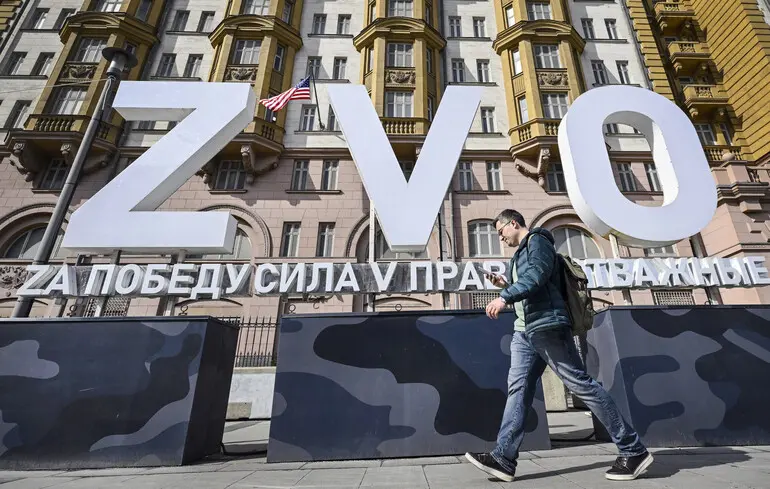Russian Army Recruitment Hits Two-Year Low: An Analysis of Causes and Consequences

The pace of recruiting new contract soldiers into the Russian armed forces has significantly slowed down.
According to official sources, in the second quarter of 2025, only 37,900 individuals signed contracts with the Ministry of Defense of Russia.
This figure is more than twice lower than the same period last year, which saw 84,300 new contracts.
This sharp decline has come as a surprise even to defense analysts and experts.In total, during the first half of 2025, approximately 127,500 citizens signed up for military service via contracts, compared to over 166,000 in the same period of 2024.
Budget expenditure data also show changes: fewer payments were made for contracts than expected, raising questions about the actual scale of recruitment activities.The Deputy Head of Russia’s Security Council, Dmitry Medvedev, stated recently that over 210,000 contract soldiers had joined the Russian army in the first half of 2025.
However, this figure has been subject to dispute, with independent experts estimating that the actual number might be around 191,000, based on regional budget expenditure data.
This discrepancy creates a misleading impression of stability and growth in mobilization metrics.The probable reason for this decline is linked to economic and social challenges, including financial difficulties in various regions of Russia.
For example, the authorities of Irkutsk region have struggled to attract recruits due to lack of funds.
Similarly, in Vladimir region, officials have ceased reporting on the number of conscripts sent to the front.Meanwhile, experts note that the reduction in contracted personnel could have indirect effects on the conflict’s progress and Russia’s military capabilities.
Internationally, discussions are underway about future steps Russia might take in its war against Ukraine and attempts to reset diplomatic relations with the West.
Today, in Washington, a high-level meeting between U.S.
officials, European leaders, and Ukrainian President Zelensky is scheduled.
There are also talks of a possible trilateral summit with Vladimir Putin on August 22.
Moscow maintains demands that include the withdrawal of Ukrainian troops from Donbas, the protection of the Russian Orthodox Church and language in Ukraine, and partial lifting of sanctions.Overall, these developments demonstrate that mobilization processes in Russia remain complex and unpredictable, with profound implications for domestic stability and international standing.

